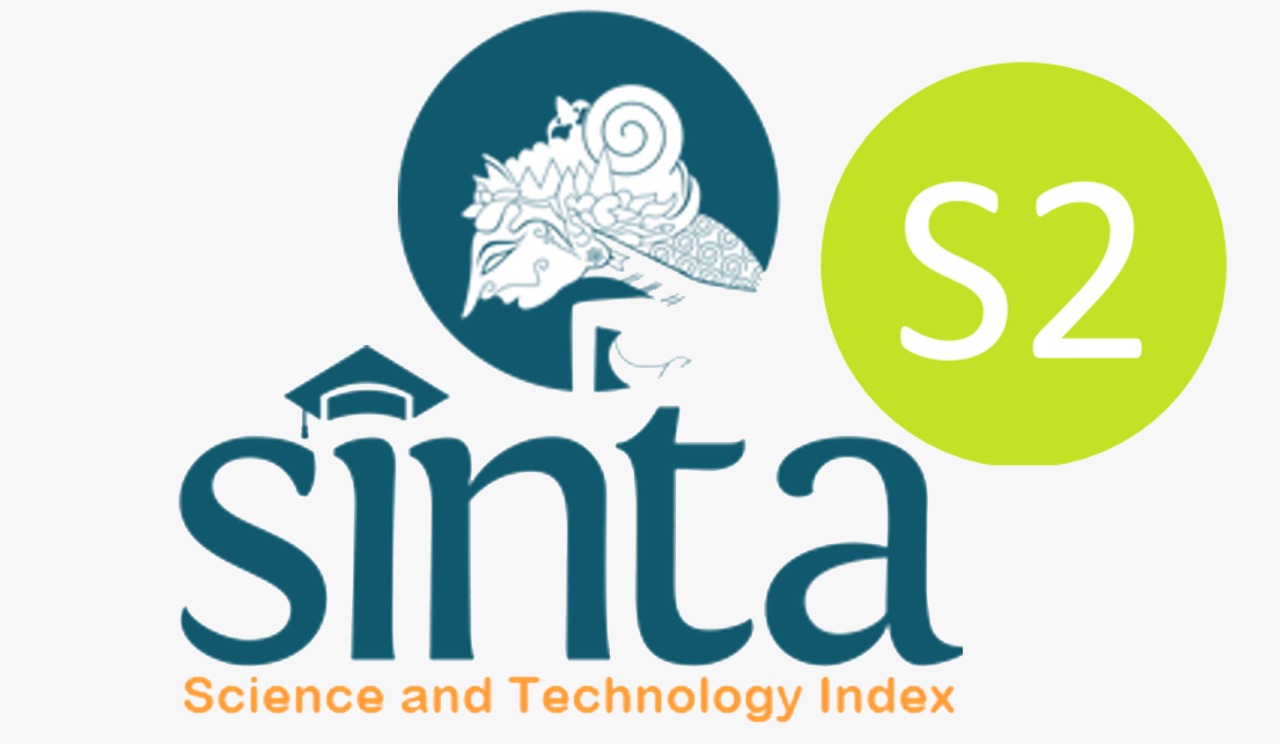DIGITAL WALLET TRANSACTIONS: INSIGHT FROM ISLAMIC ECONOMIC AND LEGAL PERSPECTIVE
Downloads
Introduction: This paper aims to analyze the contemporary problems surrounding digital wallet transactions from the perspective of Islamic economic law and discuss sharia compliance in the issuance and use of digital wallets, the validity of top-up transactions, and the permissibility of benefits such as cashback within the framework of Islamic jurisprudence.
Methods: This paper uses library research methods to collect, explain and analyze data related to digital wallet transactions in the context of Islamic economic law. This has been done using a normative approach and Islamic economic law, supported by descriptive analysis of the previous research, fatwas from the Indonesian Ulema Council (DSN-MUI), and related regulations from Bank Indonesia.
Results: The result of this discussion is that Islamic principles allow financial transactions as long as they do not involve prohibited elements such as usury, uncertainty (gharar), maysir, and israf. Digital wallets can fulfill Islamic principles if they comply with the regulations set by Islamic law.
Conclusion and suggestion: The DSN-MUI fatwa provides guidance on the use of electronic money in accordance with sharia, ensuring that digital wallet transactions are in line with Islamic legal and ethical standards. Digital wallet transactions can use various contracts, such as wadiah and qardh contracts, although there are differences of opinion among scholars regarding their validity. The compliance of digital wallets with sharia must differentiate between conventional electronic wallets and electronic wallets that comply with Sharia.
Abdulfattah, M. R. W., Kurniawan, R. R. (2018). Uang Elektronik Dalam Perspektif Islam. JURNAL EKONOMI DAN PERBANKAN SYARIAH, 6(1), 90–106. https://doi.org/10.46899/jeps.v6i1.89
Afërdita, B.-S., & Mihane, B.-N. (2015). Information Technology and the Digital Economy. Mediterranean Journal of Social Sciences, 6(6). https://doi.org/10.5901/mjss.2015.v6n6p78
Al Hadi, A. A. (2017). Fikih Muamalah Kontemporer. PT RajaGrafindo Persada.
Alhusni, & Mustiah. (2019). Tinjauan Hukum Islam tentang Penggunaan Uang Elektronik dan Relevansinya Terhadap Lahirnya Fatwa Dewan Syariah Nasional Majelis Ulama Indonesia. Nurani: Jurnal Kajian Syari’ah Dan Masyarakat, 19(1), 1–14. https://doi.org/10.19109/nurani.v19i1.2864
Almurni, M Furqon., Hidayat, T., & Nuradi. (2021). Analisis Akad Top Up E-Money dengan Pendekatan Fiqh. Jurnal Iqtisaduna, 7(2), 140–152. https://doi.org/10.24252/iqtisaduna.v7i2.23656
Antonio, M. S. (2018). Bank Syariah dari Teori ke Praktik (Cetakan 29). Gema Insani.
Ardiningrum, P. H., Rifzika Alfilia, M., Utami, J. F., Khabib Basyaruddin, M., & Mudawamah, K. (2022). Mekanisme Transaksi E-Wallet Menurut Syariat Islam: Bagaimana Pandangan Ulama dan Fatwa MUI? Journal NSAFE, 1(7), 162–164.
Aulia, N., Wibisono, P., Maharani, S., & Tm, M. (2023). Transaksi Electronic Money Produk Perbankan Syariah Ditinjau Dari Perspektif Hukum Ekonomi Islam. Jurnal Ilmu Sosial Dan Pendidikan (JISIP), 7(3), 2563–2572. https://doi.org/10.58258/jisip.v7i1.5
Bank Indonesia. (2018). Peraturan BI No. 20/6/PBI/2018 Tahun 2018 Tentang Uang Elektronik.
BI Institute. (2023). DOMPET DIGITAL NAIK DAUN, MEMBETOT MINAT KALA PANDEMI. Bank Indonesia. https://www.bi.go.id/id/bi-institute/BI-Epsilon/Pages/Dompet-Digital--Naik-Daun,-Membetot-Minat-Kala-Pandemi.aspx
DSN-MUI. (2012). fatwa DSN MUI Nomor 86/DSN-MUI/XII/2012 tentang Hadiah dalam Penghimpunan Dana Lembaga Keuangan Syariah.
DSN MUI. (2017). Uang Elektronik Syariah. Fatwa Dewan Syariah Nasional, 19, 1–12.
Ghozali, I. (2013). Desain Penelitian Kuantitatif & Kualitatif untuk akuntansi, Bisnis, dan Ilmu Sosial Lainnya. Yoga Pratama.
Hadikusuma, S. (2021). Metode Penentuan Akad pada Transaksi Uang Elektronik. Jurnal Ilmiah Ekonomi Islam, 7(2), 806–815. https://doi.org/10.29040/jiei.v7i2.2395
Ikatan Bankir Indonesia. (2018). Memahami Bisnis Bank Syariah (Ketiga). PT. Gramedia Pustaka Utama.
Ismail, A. S., Mas’ud, M. F., & Bahri, E. S. (2018). Fikih Zakat Konstekstual Indonesia. Badan Amil Zakat Nasional.
Izzan, A., & Piandi, A. (2022). Konsep Uang Digital Di Aplikasi Dana Perspektif Hukum Ekonomi Syariah. Jurnal Hukum Ekonomi Syariah (JHESY), 1(1), 215–220. https://doi.org/10.37968/jhesy.v1i1.199
Kementerian Agama. (2014). Al-Qur’an dan Terjemah. Nurul Alim Semesta.
Martins, H. (2019). Digital Transformation and Digital Leadership. Healthcare Informatics Research, 25(4), 350. https://doi.org/10.4258/hir.2019.25.4.350
Mufid, M. (2016). Ushul Fiqh Ekonomi dan Keuangan Kontemporer. Prenadamedia Group.
Musthofa, M. (2019). Istihsan dalam pandangan madzhab imam hanafi dan imam syafii dan penerapannya. Jurnal Ekonomi Islam UIN Malang, 2(12), 70–89.
Nawawi, I. (2012). Fikih Muamalah Klasik dan Kontemporer. Shalia Indonesia.
PBI. (2009). Peraturan Bank Indonesia Nomor 11/33/PBI tahun 2009 tentang Pelaksanaan GCG bagi Bank Umum Syariah (BUS) dan Unit Usaha Syariah (UUS). www.bi.go.id
Rahayu, F. Q. P., & Nashirudin, M. (2023). Analisis Aplikasi “Layanan Syariah Linkaja” Perspektif Fatwa Dewan Syariah Nasional (DSN) MUI no. 116/DSN-MUI/ix/2017 Tentang Uang Elektronik Syariah dan Maslahah Mursalah. Journal on Education, 5(2), 5473–5482. https://doi.org/10.31004/joe.v5i2.1299
Rozalinda. (2016). Manajemen wakaf produktif di sumatera barat. Al-Awqaf: Jurnal Wakaf Dan Ekonomi Islam, 9(2), 137–155.
Rozalinda. (2017). Ekonomi Islam, Teori dan Aplikasinya pada Aktivitas Ekonomi. Rajawali Pers.
Shidiq, S. (2017). Ushul Fiqh. Kencana.
Solihin, M. (2021). Kedudukan E-Money Sebagai Alat Pembayaran Berdasarkan Peraturan Bank Indonesia Nomor 20/06/Pbi/2018 dalam Perspektif Hukum Islam. El-Iqtishady, 3(1), 106–125.
Syamsuri, Kamaluddin, I., & Ahmad, H. F. (2020). E-Money Perspektif Maqoshid Syari’ah. Investi, 2(02), 74–86.
Syifa, S. nurfadhilah, Udin Saripudin, & Redi Hadiyanto. (2022). Tinjauan Fikih Muamalah dan Fatwa DSN MUI Nomor 116/DSN-MUI/IX/2017 tentang Praktek E-Wallet. Bandung Conference Series: Sharia Economic Law, 2(1), 114–121. https://doi.org/10.29313/bcssel.v2i1.222
Yin, R. K. (2011). Studi Kasus Desain & Metode. PT RajaGrafindo Persada.
Zed, M. (2014). Metode Penelitian Kepustakaan. Yayasan Pustaka Obor Indonesia.
Zuhri, S. (2019). The Confusion about Maslahah Implementation in Ijtihad. Pertanika, 1893–1902.
Copyright (c) 2024 Asma Munifatussaidah, Jihan Nabila Zahara, Fuad Zein

This work is licensed under a Creative Commons Attribution-ShareAlike 4.0 International License.
Authors who publish with Jurnal Ekonomi dan Bisnis Airlangga agree to the following terms:The journal allows the author to hold the copyright of the article without restrictions.
The journal allows the author(s) to retain publishing rights without restrictions
The legal formal aspect of journal publication accessibility refers to Creative Commons Attribution Share-Alike (CC BY-SA).
Jurnal Ekonomi dan Bisnis Airlangga (JEBA) is licensed under a Creative Commons Attribution-ShareAlike 4.0 International License

















